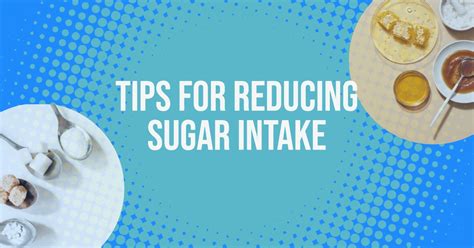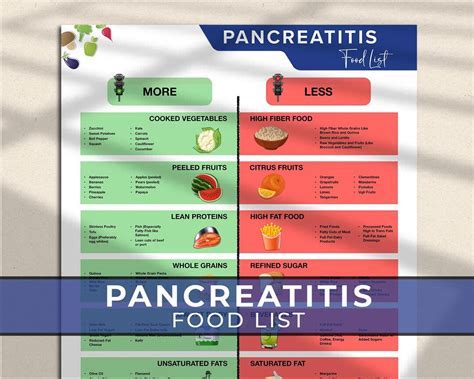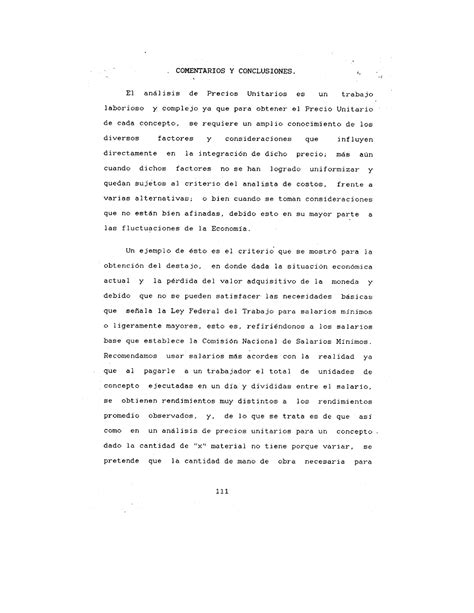Intro
Discover 5 ways to reduce sugar intake, lowering calorie consumption and managing blood sugar levels, with healthy alternatives and natural sweeteners for a balanced diet.
Reducing sugar intake is a crucial step towards maintaining a healthy lifestyle. Consuming high amounts of sugar has been linked to various health problems, including obesity, diabetes, and heart disease. However, with so many foods and drinks containing added sugars, it can be challenging to cut down on sugar consumption. In this article, we will explore the importance of reducing sugar intake and provide practical tips on how to do so.
The average person consumes more sugar than they need, and this excess sugar can have severe health consequences. The American Heart Association recommends that women consume no more than 25 grams (6 teaspoons) of added sugars per day, while men should limit their intake to no more than 36 grams (9 teaspoons) per day. However, many people exceed these limits, putting themselves at risk of developing chronic diseases. By reducing sugar intake, individuals can lower their risk of developing these conditions and improve their overall health.
Reducing sugar intake requires a combination of awareness, planning, and strategy. It involves being mindful of the foods and drinks we consume, reading labels, and making informed choices. It also requires a willingness to try new foods and flavors, and to find healthy alternatives to sugary snacks and drinks. With the right approach, reducing sugar intake can be a manageable and rewarding process, leading to improved health and wellbeing.
Understanding Sugar and Its Effects on the Body

To reduce sugar intake, it's essential to understand what sugar is and how it affects the body. Sugar is a type of carbohydrate that provides energy for the body. However, consuming excessive amounts of sugar can lead to a range of health problems, including weight gain, insulin resistance, and increased risk of chronic diseases. There are two main types of sugar: naturally occurring sugars, such as those found in fruits and vegetables, and added sugars, which are added to foods and drinks during processing.
Naturally Occurring Sugars vs. Added Sugars
Naturally occurring sugars are found in whole foods, such as fruits, vegetables, and dairy products. These sugars are accompanied by other nutrients, such as fiber, vitamins, and minerals, which can help to slow down the digestion and absorption of sugar. Added sugars, on the other hand, are added to foods and drinks during processing and can be found in a wide range of products, from sweetened yogurts and cereals to baked goods and sugary drinks.
5 Ways to Reduce Sugar Intake

Reducing sugar intake requires a combination of awareness, planning, and strategy. Here are 5 ways to reduce sugar intake:
- Read food labels: One of the most effective ways to reduce sugar intake is to read food labels. Check the ingredient list for added sugars, and be aware of the different names used to describe sugar, such as high fructose corn syrup, honey, and maple syrup.
- Choose whole foods: Whole foods, such as fruits, vegetables, and whole grains, are naturally low in added sugars and high in nutrients. Choose whole foods over processed and packaged foods, which are often high in added sugars.
- Drink water: Sugary drinks, such as soda and sports drinks, are a major source of added sugars in the diet. Replace these drinks with water, and choose unsweetened tea or coffee instead of sugary coffee drinks.
- Find healthy alternatives: If you have a sweet tooth, find healthy alternatives to sugary snacks and drinks. Choose fruits, nuts, and seeds instead of sugary snacks, and try unsweetened yogurt or milk instead of sugary drinks.
- Gradually reduce sugar intake: Reducing sugar intake can be challenging, especially if you're used to consuming high amounts of sugar. Gradually reduce your sugar intake over time, and give your taste buds time to adjust to the new flavors and textures.
Benefits of Reducing Sugar Intake
Reducing sugar intake can have numerous health benefits, including:
- Weight loss: Reducing sugar intake can lead to weight loss, as sugar is high in calories and can contribute to weight gain.
- Improved blood sugar control: Reducing sugar intake can help to improve blood sugar control, reducing the risk of developing type 2 diabetes.
- Reduced risk of chronic diseases: Reducing sugar intake can reduce the risk of chronic diseases, such as heart disease, stroke, and certain types of cancer.
- Improved dental health: Reducing sugar intake can improve dental health, reducing the risk of tooth decay and other oral health problems.
Practical Tips for Reducing Sugar Intake

Here are some practical tips for reducing sugar intake:
- Plan your meals: Plan your meals in advance, and choose recipes that are low in added sugars.
- Shop smart: Shop smart, and choose foods that are low in added sugars.
- Cook at home: Cook at home, and choose recipes that are low in added sugars.
- Avoid sugary drinks: Avoid sugary drinks, and choose water or unsweetened tea or coffee instead.
- Find healthy alternatives: Find healthy alternatives to sugary snacks and drinks, such as fruits, nuts, and seeds.
Common Challenges and Solutions
Reducing sugar intake can be challenging, especially if you're used to consuming high amounts of sugar. Here are some common challenges and solutions:
- Cravings: If you experience cravings for sugary foods or drinks, try to find healthy alternatives, such as fruits or nuts.
- Social pressure: If you're under social pressure to consume sugary foods or drinks, try to find healthy alternatives, such as water or unsweetened tea or coffee.
- Emotional eating: If you eat sugary foods or drinks in response to emotional stress, try to find healthier ways to manage your emotions, such as exercise or meditation.
Conclusion and Next Steps

Reducing sugar intake is a crucial step towards maintaining a healthy lifestyle. By understanding the effects of sugar on the body, choosing whole foods, and finding healthy alternatives to sugary snacks and drinks, individuals can reduce their sugar intake and improve their overall health. Remember to read food labels, plan your meals, and cook at home to reduce your sugar intake. With the right approach, reducing sugar intake can be a manageable and rewarding process, leading to improved health and wellbeing.
We hope this article has provided you with the information and inspiration you need to reduce your sugar intake. If you have any questions or comments, please feel free to share them below. Share this article with your friends and family, and let's work together to reduce sugar intake and improve our overall health.
What are the benefits of reducing sugar intake?
+Reducing sugar intake can lead to weight loss, improved blood sugar control, reduced risk of chronic diseases, and improved dental health.
How can I reduce my sugar intake?
+Read food labels, choose whole foods, drink water, find healthy alternatives to sugary snacks and drinks, and gradually reduce your sugar intake over time.
What are some common challenges to reducing sugar intake?
+Common challenges to reducing sugar intake include cravings, social pressure, and emotional eating. Find healthy alternatives to sugary foods and drinks, and try to manage your emotions in healthier ways.
